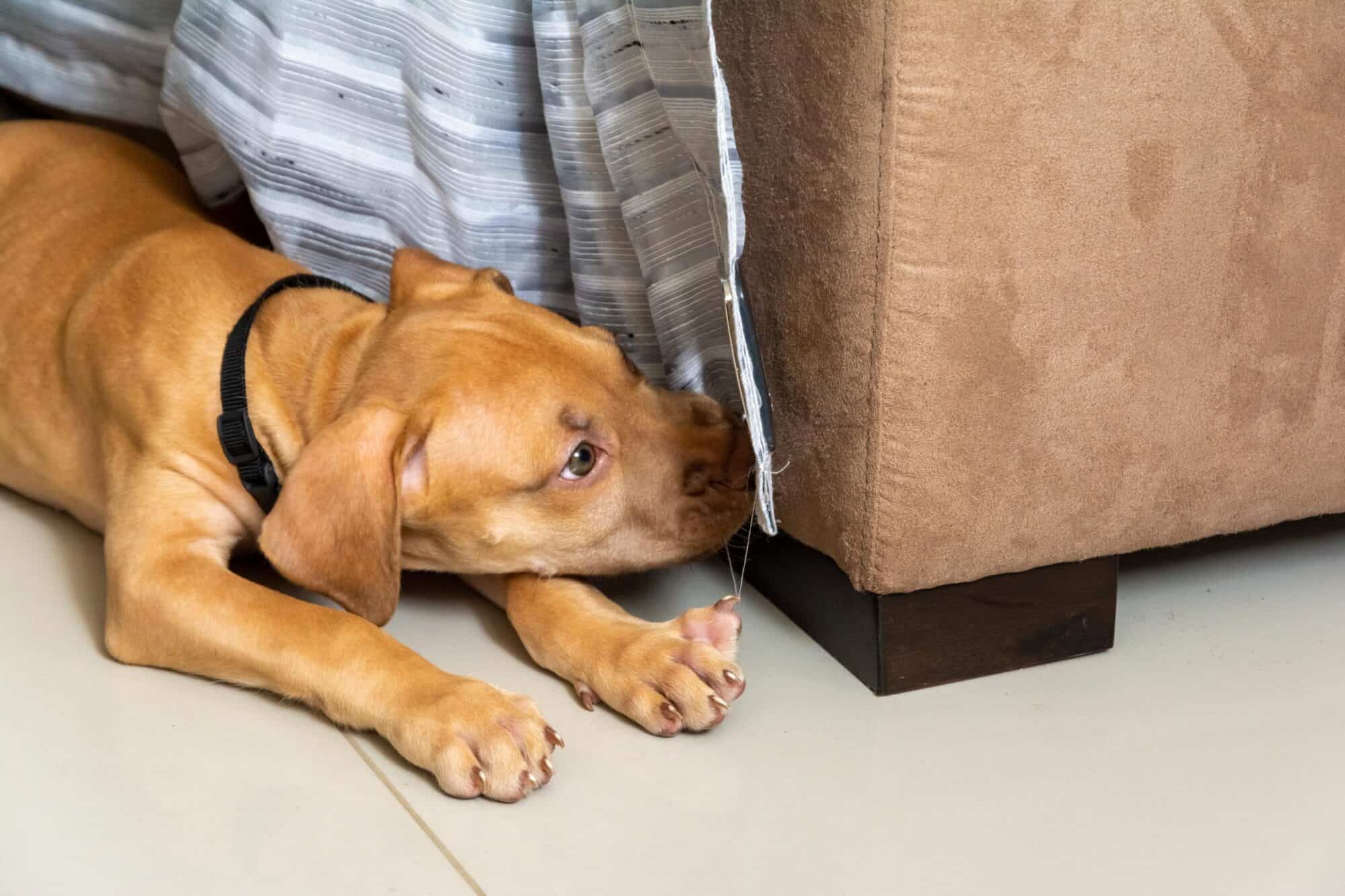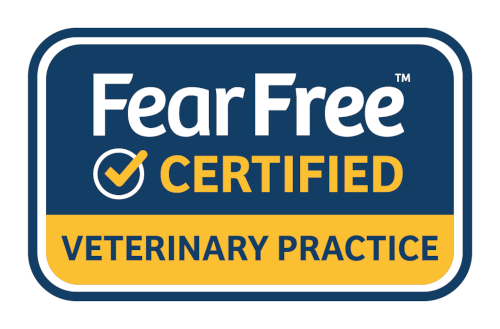Pet-Proofing 101: A Crash Course in Poison Prevention

One of the most important elements of pet ownership is maintaining a safe environment. No matter what type of pet you have, you should be aware of common pet toxins that could present a health hazard. Knowing about common pet toxins makes efficient pet-proofing a much easier process to accomplish.
Keep a Pet-Friendly Kitchen
A lot of pet owners like to share food with their pets every once in a while—and a lot of pets are able to sneak their way into the kitchen, up onto countertops, and into other food storage areas. While it’s fine for pets to eat certain types of food in moderation, there are some foods and beverages that may be poisonous to them. Common pet toxins found in the kitchen include:
- Alcohol
- Avocado
- Caffeine
- Chocolate
- Garlic
- Grapes
- Onions
- Raisins
If it’s not possible to avoid having these foods and beverages in the house altogether if possible, make sure they are kept in secure storage that your pets can’t access.
Secure Your Medicine Cabinet
There are many medications that can help keep your pets healthy at every age, but it’s important to only give them medication prescribed or recommended by your veterinarian. Medications for humans can be harmful to animals and many of them are considered pet toxins. Secure your medicine cabinet and make sure pets don’t have access to medications that include:
- Acetaminophen
- Antidepressants
- Antiinflammatory medications
- Medications for cardiac conditions
- Vitamin D
Check Household Cleaning Products
Your household cleaning products may be tough on dirt and grime, but are they also posing a health hazard to your pets? Many household cleaning products are considered pet toxins, so it’s important to inspect the products you use and be aware of what they contain. When pet-proofing your home, make sure household cleaning products are kept in a secure space that your pets are not able to access. When using these products, keep a close eye on them and keep your pets in a room that you are not cleaning at that moment.
Don’t Forget the Backyard
Pet-proofing your home doesn’t just include the inside—it also includes your backyard and any other outdoor areas your pets can access. There are many plants and flowers that are pet toxins, which makes them dangerous to keep in your yard. Common plant and flower pet toxins include:
- Aloe vera
- Chrysanthemum
- Corn Plant
- English Ivy
- Hibiscus
- Hydrangea
- Lilies
- Oleander
- Poinsettia
- Stinging Nettle
Along with these plants and flowers, rodenticides and fertilizers can also be toxic to pets. If you enjoy gardening, avoid planting any of these pet-toxins and carefully inspect any products to use to see if they are safe for your pets.
Are you worried about something your pet has ingested? If so, you can schedule an emergency appointment here at Kaua’i North Shore Animal Clinic. Our Kilauea, Hawaii veterinary team can help if you’re concerned about pet toxins. Along with urgent care, we also provide wellness and preventive care services to help keep pets healthy and happy at every stage of life. Call us at (808) 755-8728 for more information or to schedule an appointment.


